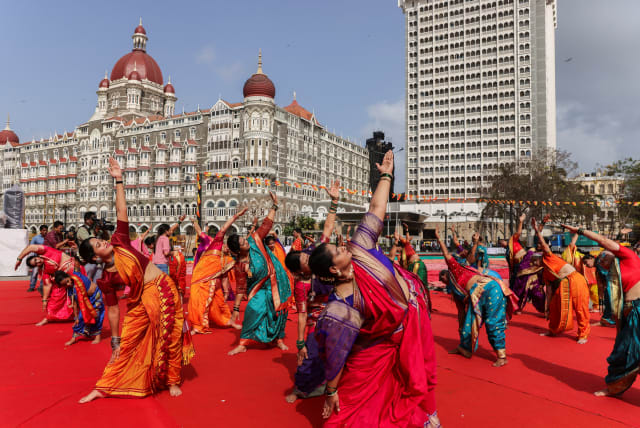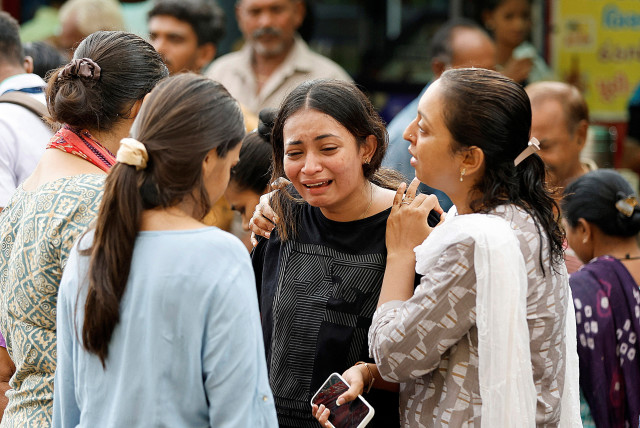Over 1 million women went missing in India from 2019 to 2021 - report

Causes cited in regard to the tremendous number of missing women were trafficking for forced marriage, domestic work, sexual exploitation, and child labor.
Over 1.3 million women in India went missing between 2019 and 2021, according to newly-released data from India’s Union Home Ministry.
The data, compiled by India's National Crime Records Bureau, found that over 1 million adult women and over 250,000 girls under the age of 18 went missing in the three-year span. The highest number of disappearances was in Madhya Pradesh state, where nearly 198,000 women and girls were reported missing in the three years, with West Bengal closely behind with nearly 193,000 cases, NCRB (National Crime Records Bureau) data showed.
The disappearance of women is a nationwide issue in India, as even the capital city of New Dehli saw over 60,000 women and 20,000 young girls go missing in the same time period. Nearly half a million went missing in 2021 alone.
“It is the responsibility of respective state governments to maintain law and order, including investigation and prosecution of crimes against women,” a ministry statement said.
Why are there so many missing women in India?
Causes cited in regard to the tremendous number of missing women were trafficking for forced marriage, domestic work, sexual exploitation, and child labor. The NRCB also listed "mental illness, miscommunication, misadventure, domestic violence and being a victim of a crime" as the most prominent reasons women go missing in the world’s largest country.
“Some young people run away from home due to unbearable conditions of abuse and maltreatment,” the NCRB noted in its 2019 report Missing Women and Children in India. "They become vulnerable to trafficking, violence, drug addiction, prostitution and other risks of exploitation and involvement in crime… Many missing persons have met with a tragic end such as homicide, suicide or accident, (while) many missing persons end up being trafficked.”
India’s government has rolled out measures to combat the widespread crimes against women, such as introducing a hotline for women who are victims of such crimes in 2012 and launching a national database of sexual offenders in 2018.
Women rights activists in India, however, argue that existing measures are not enough.
“The government measures do not address the large-scale network of trafficking,” Kavita Krishnan, a women's rights activist, told The National. "These ideas can serve only individuals who are in a position to make a complaint… It is a chronic problem. There has never been a policy on the issue of disappearances," she added.
Jerusalem Post Store
`; document.getElementById("linkPremium").innerHTML = cont; var divWithLink = document.getElementById("premium-link"); if (divWithLink !== null && divWithLink !== 'undefined') { divWithLink.style.border = "solid 1px #cb0f3e"; divWithLink.style.textAlign = "center"; divWithLink.style.marginBottom = "15px"; divWithLink.style.marginTop = "15px"; divWithLink.style.width = "100%"; divWithLink.style.backgroundColor = "#122952"; divWithLink.style.color = "#ffffff"; divWithLink.style.lineHeight = "1.5"; } } (function (v, i) { });

